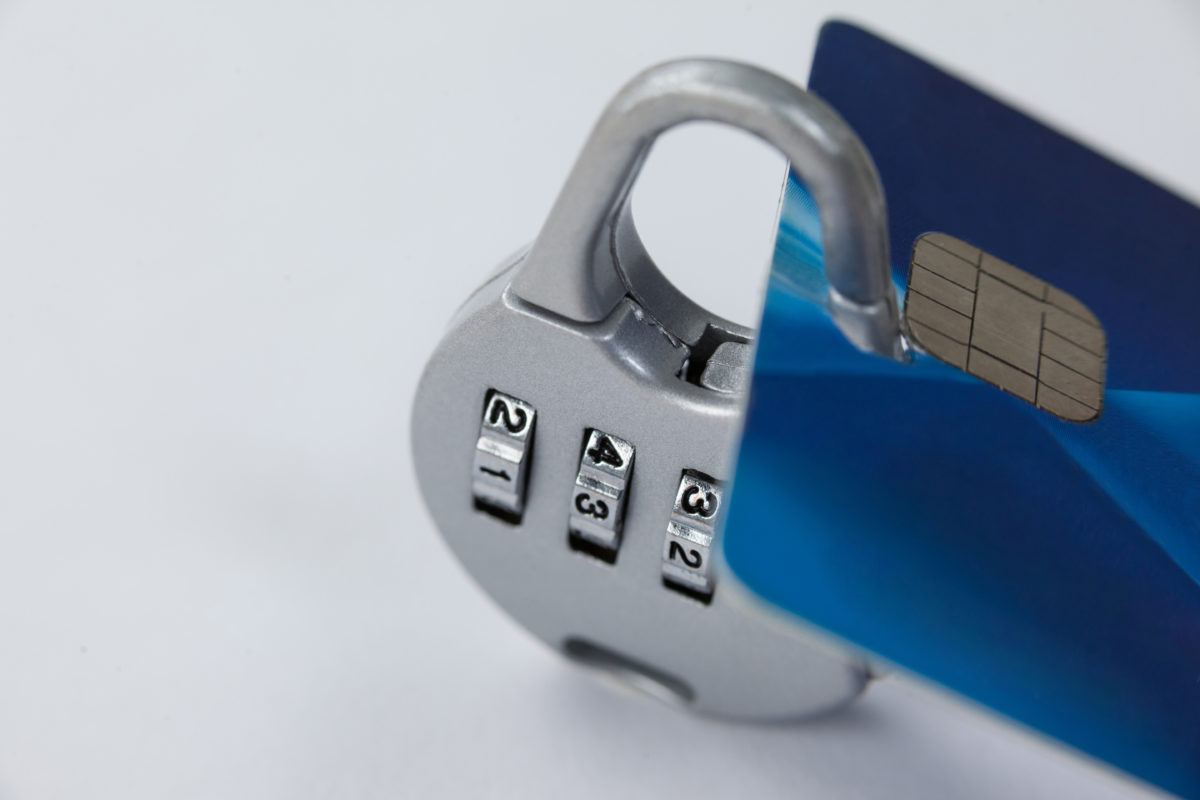The Definitive Guide To eCommerce Fraud & Fraud Protection Strategies
R Isaac
on
November 11, 2021
There are presently roughly 206,000 assaults every month on online businesses’ shops. As online shopping becomes more popular, so does the potential for eCommerce fraud by hackers and unethical customers. Ecommerce fraud is on the rise, and this thorough guide will teach you all you need to know about protecting your online business from it. It explains what it is, how it works, and what you should be doing to combat it right now.
Are you concerned about the security of your online business? The following information is important for you to understand.
⦁ detecting online scam
⦁ tools for preventing eCommerce fraud
⦁ strategies for preventing eCommerce fraud
What is Ecommerce Fraud?
There are business transactions made over the Internet, often via an online shop, when we speak about eCommerce. Desktop computers, laptops, tablets, and cell phones are often used for these kinds of transactions. The term eCommerce fraud refers to illegal deceit done over the internet to obtain money or anything of value.
The deceit is carried out during an online commercial transaction for financial or personal benefit while adversely impacting a business’ bottom line.
There are two points to keep in mind concerning eCommerce fraud: the deceit is meant to go undetected, and the target is an online retailer.
Ecommerce fraud detection
All the tools and practices an online business may use to decrease fraud costs and resources are covered under Ecommerce fraud detection and prevention. In addition to decreasing chargebacks and friendly fraud, this also involves banning transactions using stolen credit card details. You’ll get two pieces of information from your credit card processor to assist in fighting fraud: a three- or four-digit “security code” and an AVS response. A merchant’s database should never include the CSC code.
Ecommerce fraud protection
Detect security holes before fraudsters and criminals do. You should conduct audits for safety. You must be PCI compliant if you have an online shop that takes credit cards. By keeping an eye out for unusual behavior, you can keep your online business safe from fraudulent purchases. Credit card processors and issuing banks also often provide an Address Verification Service (AVS) to help identify suspect credit card transactions in real-time and prevent credit card fraud.
E-commerce fraud protection with Parselytics
Whether you are new to the eCommerce environment or have been around for years, you’ll want to maintain protection and an evolving strategy for risk management. Better API integration and Risk Management are two major ways to keep away fraud from your website. If you are struggling to keep risks in check, Parselytics can help.
Parselytics provides comprehensive API integration and Risk Management services to help you retain revenue with minimal effort and maximum security while you also grow your business.
You can retain money with little work and optimum security with Parselytics‘ API integration and Risk Management services.









